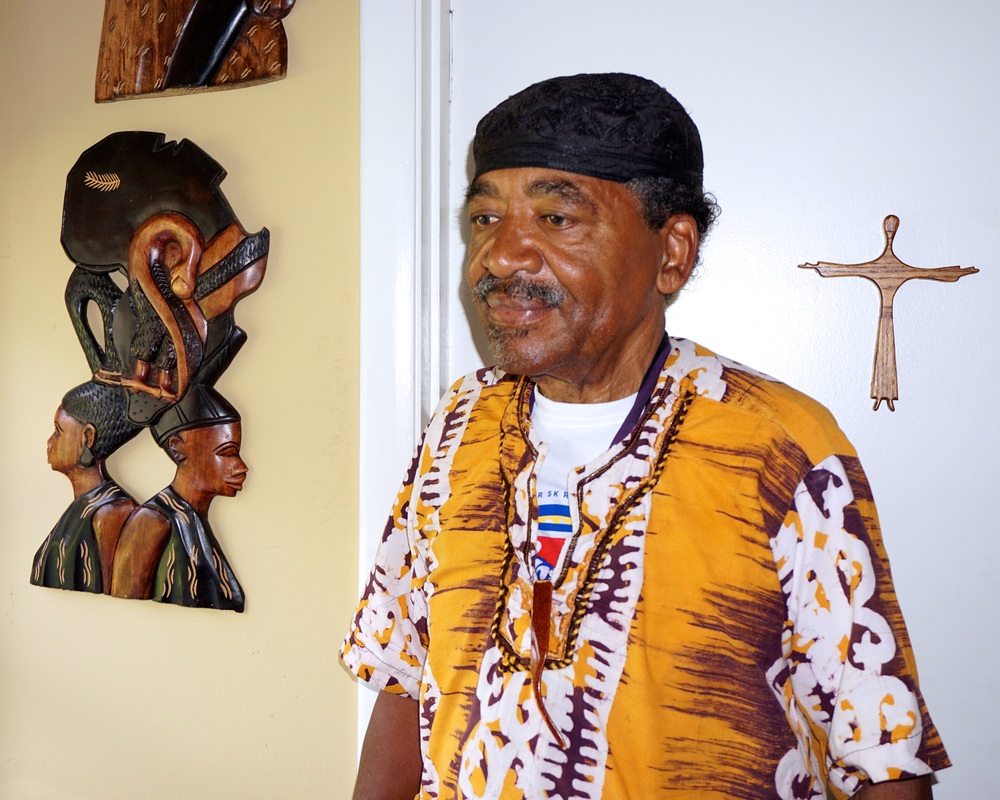"In the years when I was a student at Lemoyne-Owen College, black people could only go to the library on one particular day of the week. It was the same for the zoo, the art gallery, and the museum. Other facilities were restricted too. A group of fellow students decided to try to make changes for the better, starting with a sit-in protest at the library. I talked it over with my family and they were opposed to my getting involved. They were afraid for my safety and the security of their jobs (my mother was a schoolteacher and my father was a bellhop), so I didn’t go. Later, I talked it over with my pastor and he advised me that he didn’t oppose the sit-ins, but that I should be prepared for the consequences. I decided to participate, and one of the reasons for that is that I started thinking about what Jesus Christ did when he was 12 years old. Even though it caused his mother a lot of concern, he decided to go to the temple to talk to the elders. He reasoned that he had to be about his father’s business, and I felt like I had to do the same.
“Five other students and I decided to go to the Pink Palace on a Friday. Tuesday was the day designated for black people to visit the Pink Palace, so our group wasn't welcome. The proprietor made us wait in a little area while he called the police, and we were arrested and incarcerated. As a result of the arrest, I was told that if I sought employment in the city, I wouldn’t be able to get a job in my field (teaching), so I moved to Mississippi and taught in an all-black Catholic school for a year. While I was there, Martin Luther King Jr. came through and visited the school. I got a chance to meet him, have a short conversation with him, and shake his hand.
"When I became a family man, I made it my business to take my children and all the children on my street to the Pink Palace Museum and the Memphis Zoo. They probably didn’t realize why it meant so much to me to do that, but it’s something we fought for.”
“Five other students and I decided to go to the Pink Palace on a Friday. Tuesday was the day designated for black people to visit the Pink Palace, so our group wasn't welcome. The proprietor made us wait in a little area while he called the police, and we were arrested and incarcerated. As a result of the arrest, I was told that if I sought employment in the city, I wouldn’t be able to get a job in my field (teaching), so I moved to Mississippi and taught in an all-black Catholic school for a year. While I was there, Martin Luther King Jr. came through and visited the school. I got a chance to meet him, have a short conversation with him, and shake his hand.
"When I became a family man, I made it my business to take my children and all the children on my street to the Pink Palace Museum and the Memphis Zoo. They probably didn’t realize why it meant so much to me to do that, but it’s something we fought for.”
"According to Robert F. Kennedy, the sit-in arrest was supposed to have been expunged, but as far as I know, it's still there."
Allen Stiles, Adjunct Professor of Math at Southwest TN Community College

 RSS Feed
RSS Feed